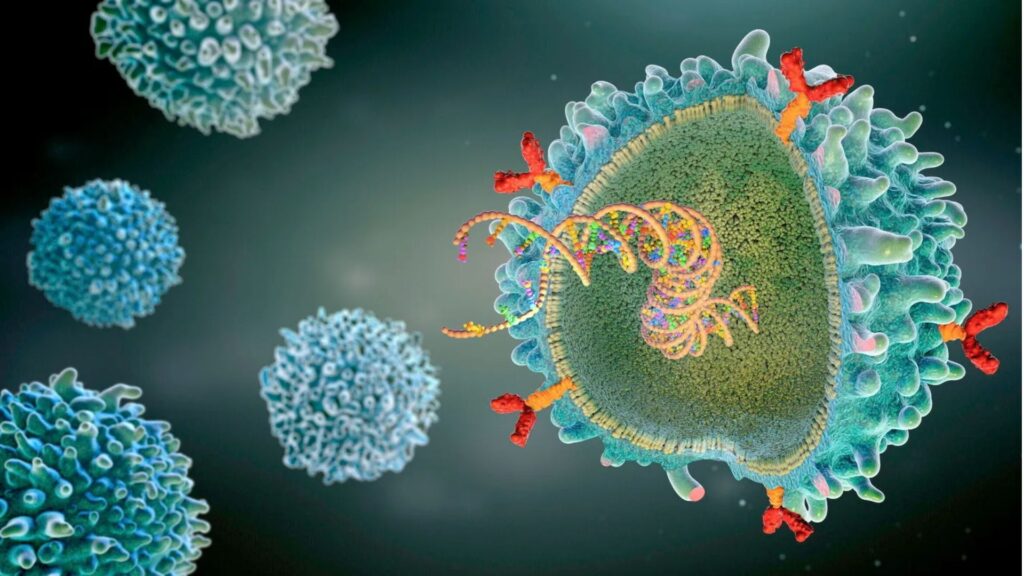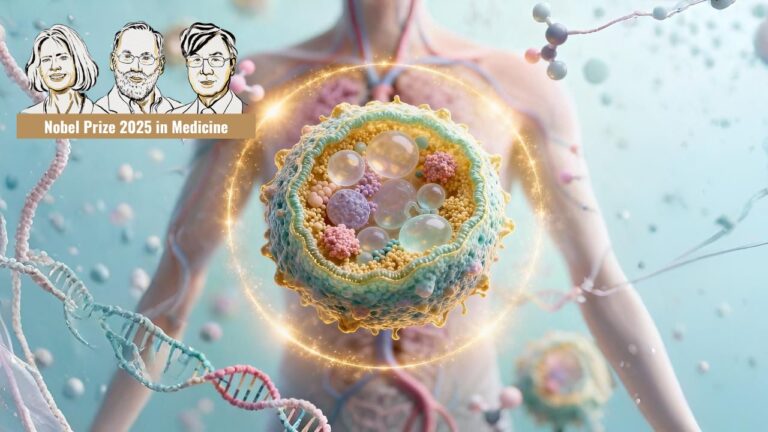
In a significant stride towards revolutionising cancer treatment, Indian scientists have developed a simplified, one-step method to produce nano-cups — tiny, bowl-shaped particles — capable of targeting and destroying cancerous tumours through heat. This innovation promises to greatly enhance the accessibility and effectiveness of photothermal therapy (PTT), a non-invasive approach to treating cancer.
The pioneering research is a collaborative effort between scientists from the Institute of Nano Science and Technology (INST), Mohali; the Advanced Centre for Treatment, Research and Education in Cancer (ACTREC), Tata Memorial Centre; and the Indian Institute of Technology (IIT) Bombay. Their findings have been published in Communications Chemistry, a journal from the Nature group.
At the heart of this development is the fabrication of PEGylated semi-shells (SS) with a unique nano-cup structure. These particles are partially coated with polyethylene glycol (PEG), a compound that enhances their compatibility with biological systems, improves stability in water, and ensures safe circulation in the bloodstream.
Traditionally, creating such nano-cups required complex, multi-step methods and hazardous chemicals like hydrofluoric acid. However, the new technique uses milder, biocompatible materials under ambient conditions, making the process not only safer but also more sustainable.
The research team utilised ZIF-8, a type of metal-organic framework, as a sacrificial template in the synthesis process. When ZIF-8 dissolves, gold nanoparticles are deposited in its place, forming the semi-shells. This reaction occurs at room temperature and employs ascorbic acid (Vitamin C) as a benign reducing agent.
Crucially, these nano-cups are designed to absorb and scatter light in the near-infrared (NIR) range of the electromagnetic spectrum. This property is vital for photothermal therapy, which uses laser light to heat and destroy tumour cells without harming surrounding healthy tissue.
Laboratory tests on mice with metastatic breast cancer showed promising results. The PEGylated nano-cups not only effectively reduced tumour size but also improved survival rates and lowered the risk of cancer recurrence. Importantly, the nanoparticles demonstrated excellent photothermal conversion efficiency and showed no signs of toxicity.
Beyond cancer therapy, researchers believe these nano-cups have potential in other biomedical applications. Their unique optical characteristics may be useful for advanced diagnostic tools like surface-enhanced Raman spectroscopy (SERS). Future studies are expected to explore combining PTT with chemotherapy for more comprehensive cancer treatment strategies.
This breakthrough highlights India’s growing capabilities in nanomedicine and cancer research, with the potential to pave the way for safer, more efficient, and cost-effective cancer therapies.






